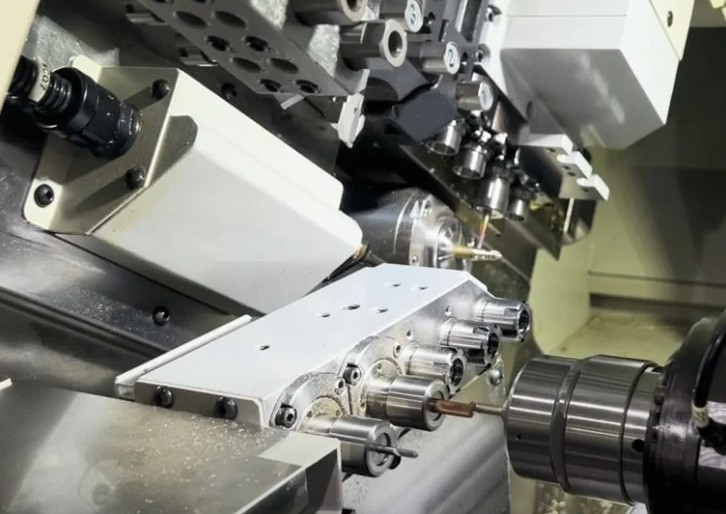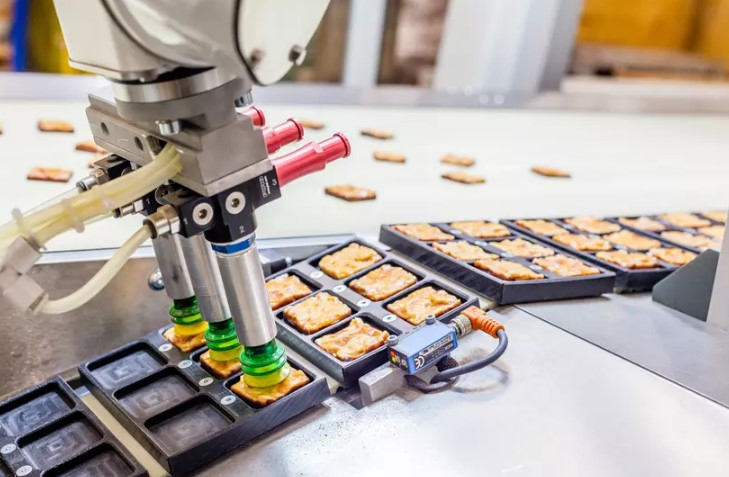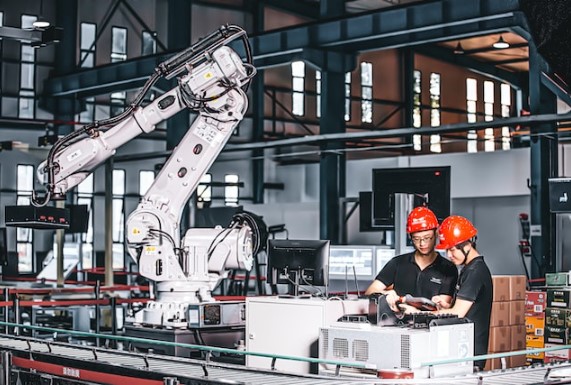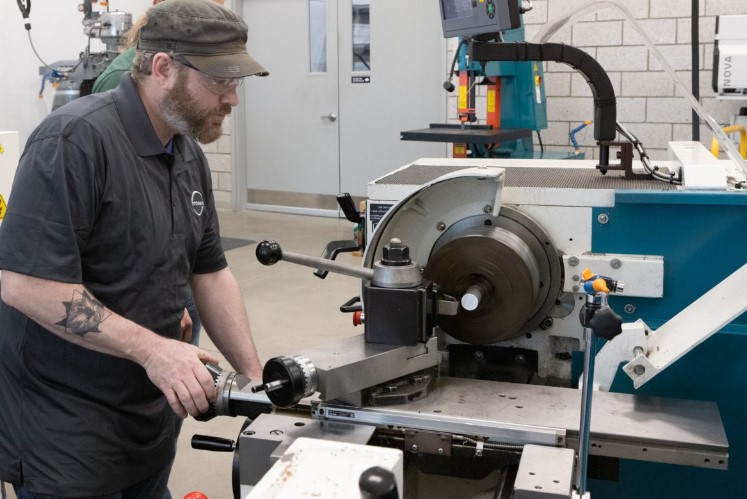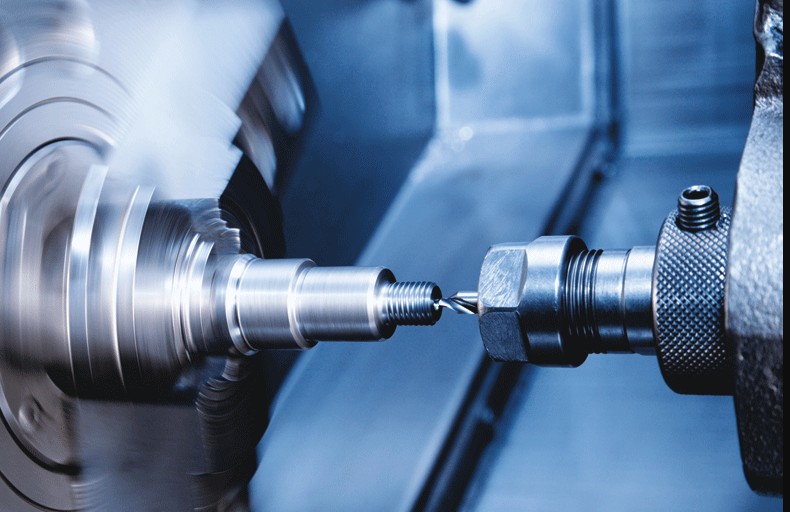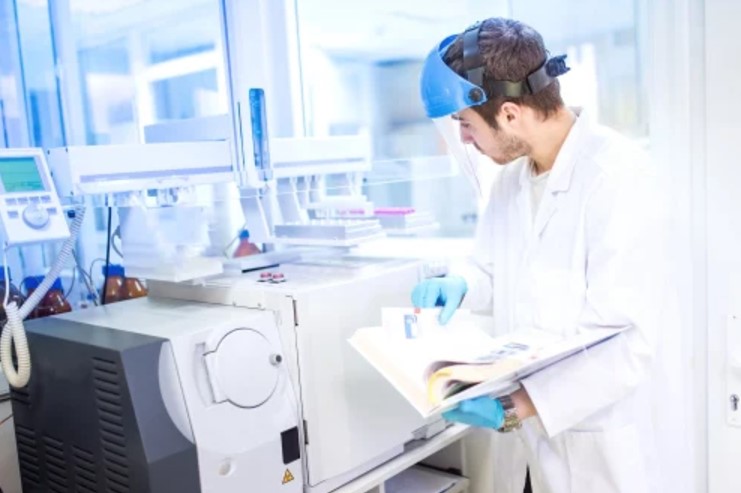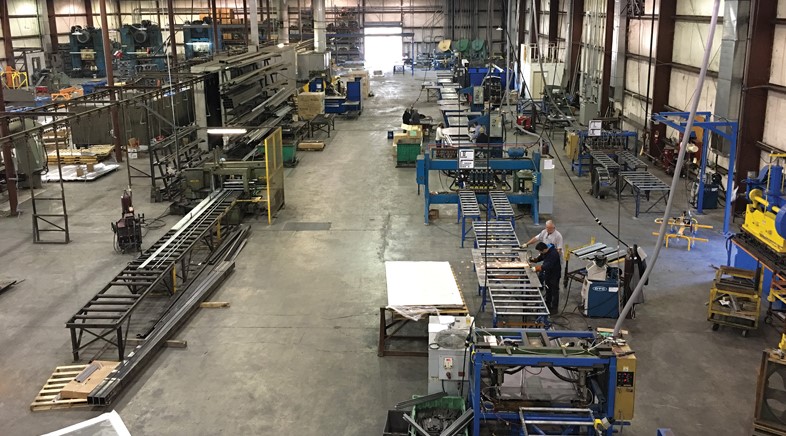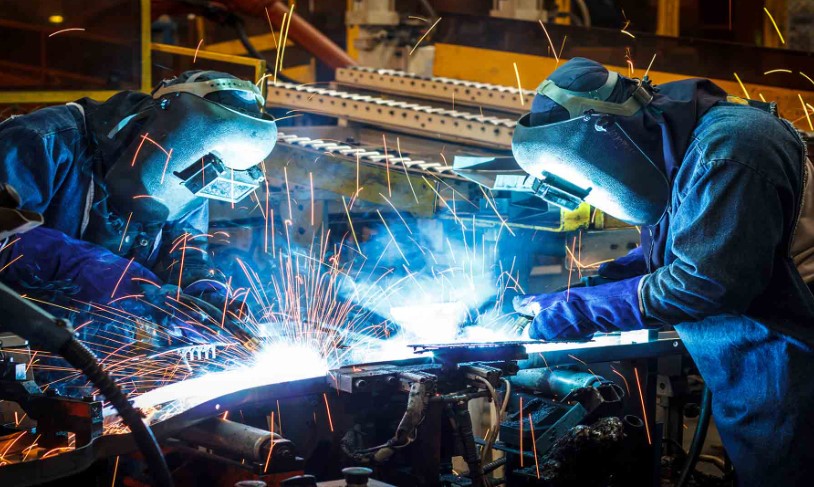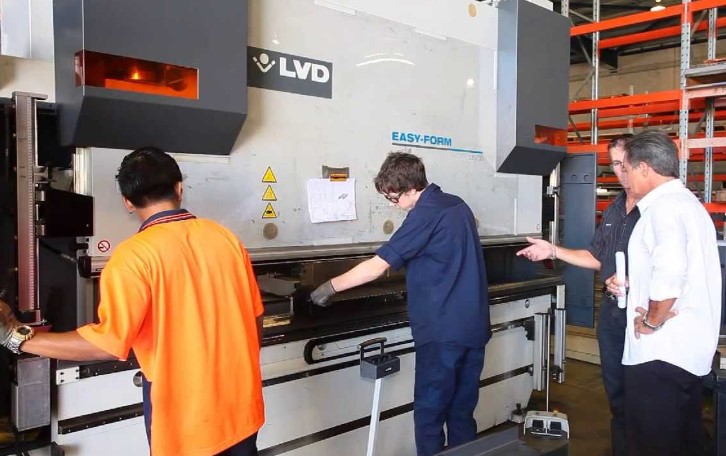Manufacturing Engineering
-
Swiss Machining and Precision Fastener Manufacturing: Engineering Accuracy in Modern Production
In modern manufacturing engineering, precision is no longer a differentiator—it is a fundamental requirement. As industries such as medical devices, automotive systems, electronics, and industrial automation continue to evolve, the demand for small, complex, and highly accurate components has increased significantly. Meeting these requirements consistently depends on advanced machining technologies and experienced engineering-driven manufacturers. Among all precision manufacturing methods, Swiss machining remains one of the most effective solutions for producing high-tolerance cylindrical parts at scale. Swiss Machining as a Core Precision Manufacturing Process Swiss machining, often referred to as Swiss screw machining, was originally developed to meet the extreme accuracy demands of watchmaking. Today, it has become a critical production…
-
Selecting a Structural System For Agricultural or Industrial to Cover All Buildings
Selecting a structural system for agricultural or industrial use requires careful consideration of load resistance, material efficiency, and long-term operational performance. Megadome fabric buildings are engineered to meet these demands by combining high-strength steel framing with advanced tensioned membrane systems. Designed and manufactured in North America, Megadome structures are built to cover all buildings required for storage, processing, and production environments where conventional construction can be cost-prohibitive or inflexible. From an engineering standpoint, Megadome structures are designed using site-specific calculations that account for snow loads, wind uplift, and, where applicable, seismic requirements. The clear-span steel arch or gable frames eliminate interior columns, maximizing usable square footage while improving load distribution…
-
AS9100D Machine Shop: What I Learned the Hard Way Running One
When I first heard the term AS9100D machine shop, I honestly thought it was just ISO 9001 with a fancy aerospace label slapped on it. I was wrong. Very wrong. Running an AS9100D-certified machine shop isn’t just about paperwork or passing an audit once every year. It’s a mindset shift, and it took me years of mistakes, late nights, and a few near heart attacks to really get it right. I remember the first aerospace RFQ that landed on my desk. Tight tolerances, full traceability, first article inspection, and more acronyms than I care to remember. I almost didn’t quote it because it looked intimidating. That moment changed everything. Why…
-
Contamination Control in High-Precision Industries: Why Surface Cleanliness Isn’t Enough
In environments where accuracy and reliability are essential—such as semiconductor fabrication, pharmaceutical production, aerospace assembly, and food processing—cleanliness must be measured in microns, not appearances. Even when a facility looks immaculate, invisible particles can still compromise performance, trigger compliance issues, or cause costly rework. Protecting these operations requires a deeper, system-wide approach to detecting and controlling contamination. The Unexpected Places Contamination Begins Traditional measures like routine cleaning and filtered airflow are important, but they’re only part of the equation. Mechanical components wear down over time, releasing tiny fragments from seals, bearings, and metal surfaces. These particles often remain undetected until they interfere with product quality or cause equipment malfunctions. Simple…
-
Minimizing Micro-Mistakes in Medical Manufacturing: A Detailed Perspective
In medical manufacturing, tiny inaccuracies are never insignificant. What may look like a minor deviation can create real risk for patients who rely on precise, dependable devices. A slight dimensional error, a rough surface, or a barely noticeable imperfection can affect how a surgical tool or implant performs. Producing safe medical products requires an approach focused on eliminating micro-level defects at every stage. Many issues that weaken device quality are hidden from view. Small burrs left after machining can scrape or catch delicate tissue. Microcracks or tiny surface cuts may expand under repeated stress, gradually compromising the strength of the device. Even small variations in material thickness can affect function,…
-
Preventing Contamination in Precision Manufacturing Environments
In sectors like aerospace, pharmaceuticals, food processing, and semiconductor manufacturing, cleanliness is more than a best practice — it’s a core requirement. Even the smallest unseen particle can jeopardize quality, disrupt production, or lead to costly compliance failures. Managing contamination in these high-precision environments requires more than standard cleaning routines. It demands a proactive, systems-based approach that addresses both the visible and invisible sources of contamination. Hidden Sources of Contamination A facility may look spotless to the naked eye, but contamination often starts in the least expected places. Normal wear on equipment components — such as seals, bearings, and gaskets — can shed microscopic debris that accumulates over time. If…
-
The New Era of Precision Manufacturing: How Swiss Machining and Custom Fasteners are Spurring Innovation in Industry
The pursuit of perfection within microns is the ultimate challenge of manufacturing today. Dear manufacturing engineers, as precision manufacturing professionals, you certainly know how critical precision components and special fasteners’ are to product quality, whether it’s the safety performance of aerospace vehicles, the reliability of medical devices, you trust those seemingly insignificant yet critical tiny components. This article describes the nature of recent developments in Swiss machining technology and specialty fasteners, and how they can create innovation and push manufacturing forward. 01 Swiss Machining – The Art and Science of Precision Manufacturing Swiss machining technology grew out of the hyper pursuit of precision in watchmaking and has transcended into a…
-
AI on the Fast Track: How Industries Are Rapidly Adopting Smart Technology
Artificial intelligence (AI) has transitioned from futuristic concept to everyday essential, reshaping how industries innovate, operate, and compete. Whether it’s diagnosing illnesses earlier or automating real-time inventory decisions, AI is becoming central to the workflows of businesses across the board. The momentum behind this shift isn’t just about automating tasks—it’s about unlocking more agile, accurate, and personalized outcomes that redefine how value is created and delivered. What’s unfolding is often referred to as an “AI arms race,” as sectors race to implement intelligent systems that promise enhanced efficiency, improved performance, and strong returns on investment. Healthcare: From Reactive to Predictive Healthcare is one of the most promising frontiers for AI.…
-
The Essential Guide to Choosing the Right Hot Melt Glue Tank for Your Business
In industries where speed, efficiency, and precision are paramount—such as packaging, product assembly, and woodworking—hot melt adhesives have become a trusted solution. At the heart of any reliable hot melt adhesive system is the hot melt glue tank—a key component that ensures adhesive is heated and dispensed properly. But not all hot melt glue tanks are created equal. If you’re considering an upgrade or starting from scratch, understanding what to look for in a glue tank can significantly impact performance and cost-efficiency. What Is A Hot Melt Glue Tank? A hot melt glue tank is a heated reservoir designed to melt and maintain adhesives at optimal temperatures for application. These tanks are integral…
-
Why Modern Manufacturing Demands Automated Probe Calibration
In today’s high-precision manufacturing landscape, accuracy is everything. Whether you’re machining aerospace parts or medical devices, even the smallest deviation can result in scrap, rework, or worse—catastrophic failure. At the heart of this precision is the CNC machine’s probing system, and its calibration. Probe calibration isn’t just a routine step in setup; it’s the gateway to right-first-time production, reliable quality control, and the future of automated manufacturing. As production environments evolve, so too must the calibration methods. In this article, we’ll explore the role of probe calibration in 5-axis CNC machining, why traditional methods fall short, and how automation is transforming this critical process. The Core Purpose of Probe Calibration Touch…
